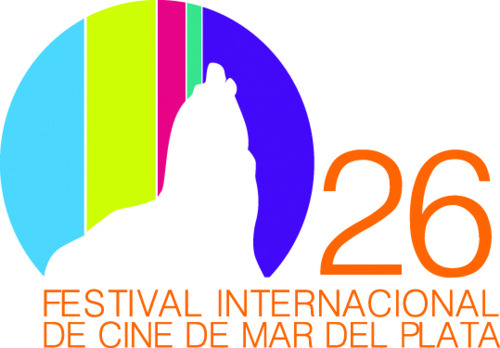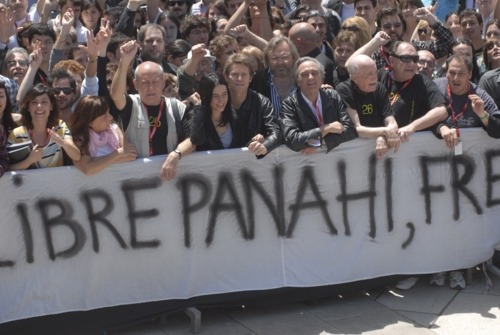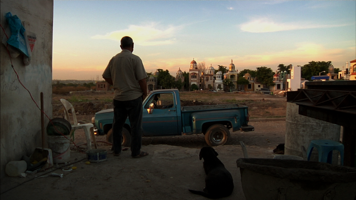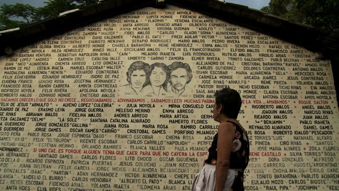
The festival featured appearances by international guests, contemporary Latin America screenings, and retrospectives of Luis García Berlanga, Raymund Gleyzer, and Rodolfo Kuhn. There was also a protest for the release of the Iraqi director Jafar Panahi.

The International Film Festival of Mar del Plata, which took place from November 5th to 13th Philippe Garrel, ended with a remarkably positive balance for the film industry. The public had access to more than 200 films in 600 performances. Different sections of the festival featured tributes to international guests including: Willem Dafoe, Joe Dante, and Alex Cox. Also being presented were the latest films of famous directors like Arturo Ripstein, Kim Ki Duk, Bruno Dumont, Lars Von Trier, and Philippe Garrel among others. The Latin American Competition offered a selection of high quality films in a variety of genres like documentaries and science fiction. It is worth mentioning the works of Natalia Almada for The Night Watchman and Natalia Huezo for The Tiniest Place. The former directed, shot with a handheld camera, and did the editing of the film herself. Almada decided to film the life of a watchman who every night walked the streets of a small -but growing- cemetery on the outskirts of Culiacán in northwestern Mexico, which is suggestively known as the “graveyard of the narcos”. The film denounces the abysmal growth in the number of people killed by Mexican drug dealers.

Link: El Velador (The watchmen) de Natalia Almada: http://vimeo.com/20065678
Tatiana Huezo in her documentary “The Tiniest Place”, also denounces the latent violence in a small village in El Salvador, which was repopulated after the civil war. With beautiful photography, the film takes us into the current life of this society that dares to succeed beyond the hardships it suffers. This was the message that the director wanted to convey: “A people with memory, means less oppression. The poor people fight while the rich people laugh”.

Another major Latin American film to highlight is The Bad Intentions by the Peruvian director Rosario Garcia Montero who won the Latin American Competition at the Mar del Plata Film Festival.
Link -Las malas intenciones de Rosario Garcia Montero: http://www.youtube.com/watch?v=UzHkI0V6i9E
Another winner was the Argentinean director Milagros Mumenthaler, winner of the best film in the International competition for Open doors and Windows. Tyrannosaur by Paddy Considine, received the special jury prize, and Nicanor Loreti won the prize for best feature film in the Argentinean competition. Meanwhile, bets of the festival as Sokurov’s Faust and L’Apollonide of Bonello unfortunately went away empty-handed.
Beyond the diversity of genres, or ways of telling stories, most of the films screened at the Mar del Plata Film Festival are more or less explicitly framed in a context of social protest. Greece, Iraq, Korea, Argentina, Mexico, El Salvador… countries and continents are united by the use of films to convey and expose social context. Art should not be understood as a metaphor, but as a tool with the ability to change consciousness and create a meeting place where they can “organize new forms of sensibility”. In the “massive sensory anesthesia” of modern societies, art can serve as shock therapy that can revive the senses, transform reality, enjoy it, and deal with its clichés protectors. In words the of Susan Sontag[1], “one must continue to create an aesthetic of resistance”, and this vibrant Argentinean cinephile demonstrates her support for this position actively.
All the winners of the 26th Mar del Plata International Film Fest: http://www.mardelplatafilmfest.com/26/noticia/12.11.2011.todos_los_ganadores
